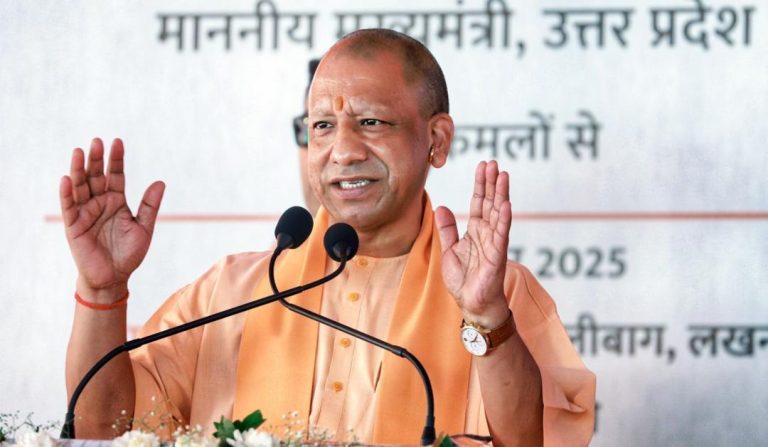
AI, Creators & Tier-2 Cities Power India’s Startup Growth
India’s startup ecosystem has been on a rapid growth trajectory, driven by a perfect storm of innovative technologies, shifting consumer behaviors, and strategic expansion into new markets. A recent report by Meta-A&M, a leading digital transformation and growth strategy firm, has shed light on the key trends shaping India’s startup landscape. In this blog post, we’ll delve into the report’s findings and explore how AI, omnichannel models, Tier-2/3 city expansion, and creator-driven branding are revolutionizing the way Indian startups scale, connect with users, and build future-ready brands.
AI Adoption: A Key Differentiator
The Meta-A&M report reveals that a staggering 70% of Indian startups are leveraging artificial intelligence (AI) to drive innovation, improve operational efficiency, and enhance customer experiences. AI’s versatility and ability to process vast amounts of data make it an indispensable tool for startups seeking to stay ahead of the competition. From chatbots and virtual assistants to predictive analytics and machine learning, AI is enabling Indian startups to:
- Optimize business processes: AI-powered automation is helping startups streamline operations, reduce costs, and improve productivity.
- Enhance customer engagement: AI-driven chatbots and personalized recommendations are enabling startups to provide seamless, context-aware customer experiences.
- Drive data-driven decision-making: AI’s ability to analyze vast amounts of data is empowering startups to make data-driven decisions, reduce biases, and improve forecasting.
Omnichannel Models: The New Normal
The report also highlights the importance of omnichannel models, with 67% of Indian startups adopting a multi-channel approach to engage with customers. Omnichannel strategies involve integrating multiple touchpoints, including social media, email, messaging apps, and physical stores, to provide a unified customer experience across all platforms. This approach is crucial in today’s digital age, where consumers expect seamless interactions across various channels. By adopting omnichannel models, Indian startups can:
- Increase customer engagement: Omnichannel strategies enable startups to engage with customers across multiple touchpoints, improving brand loyalty and retention.
- Enhance customer experience: By integrating multiple channels, startups can provide a consistent, personalized experience that meets customers’ evolving needs.
- Drive revenue growth: Omnichannel models can lead to increased conversions, higher average order values, and reduced cart abandonment rates.
Tier-2/3 City Expansion: The Next Frontier
The report’s findings also highlight the significance of Tier-2/3 city expansion, with 95% of startups targeting smaller cities to drive growth. This shift is driven by the rising disposable income, increasing internet penetration, and expanding middle class in Tier-2/3 cities. By expanding into these markets, Indian startups can:
- Tap into untapped demand: Tier-2/3 cities offer significant growth potential, with many consumers seeking innovative products and services.
- Diversify revenue streams: By targeting multiple markets, startups can reduce dependence on a single region and increase revenue diversity.
- Develop a more nuanced understanding of customer needs: Tier-2/3 cities offer a unique opportunity to understand the needs and preferences of customers in different regions.
Creator Economy: The Rise of Influencer Marketing
The report also highlights the emergence of the creator economy, with 88% of startups partnering with influencers early in their growth journey. Influencer marketing has become a crucial component of Indian startups’ marketing strategies, enabling them to:
- Reach niche audiences: Influencers can help startups target specific demographics, increasing brand awareness and credibility.
- Build brand affinity: By partnering with influencers who share their values and target audience, startups can build strong brand relationships.
- Drive conversions: Influencer marketing can lead to increased conversions, as influencers promote products or services to their followers.
Conclusion
India’s startup ecosystem is undergoing a significant transformation, driven by the adoption of AI, omnichannel models, Tier-2/3 city expansion, and creator-driven branding. These trends are reshaping the way startups scale, connect with users, and build future-ready brands. As the Indian startup landscape continues to evolve, it’s essential for entrepreneurs to stay ahead of the curve, leveraging these trends to drive growth, innovation, and success.






